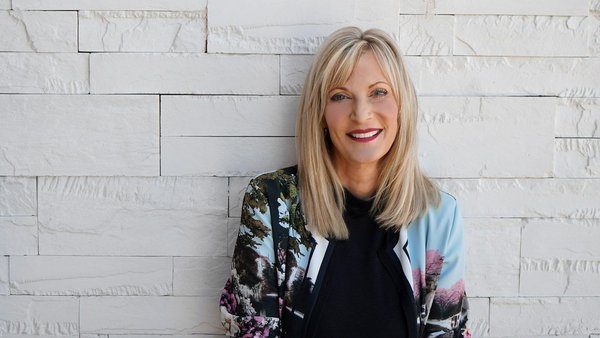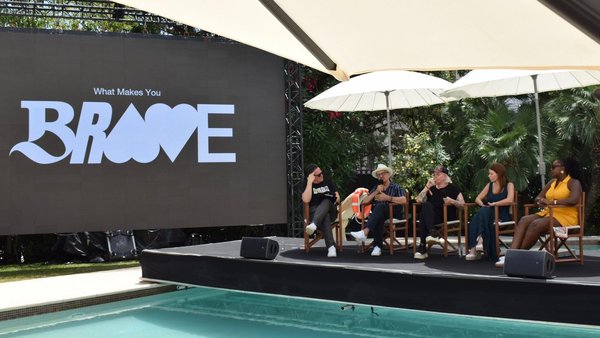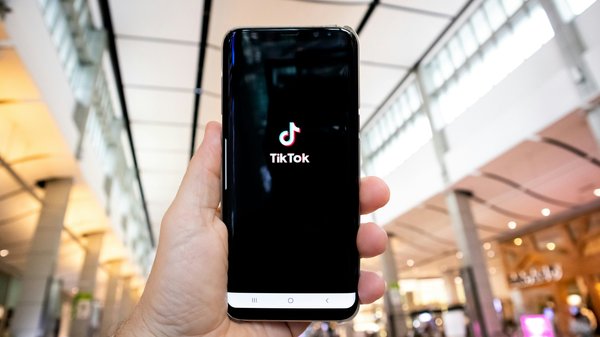Promoted content
Ipsos' industry discussion on Creative Fluency /
Ipsos' roundtable discussion at Most Contagious brought senior industry figures from a range of sectors to discuss representation and equality
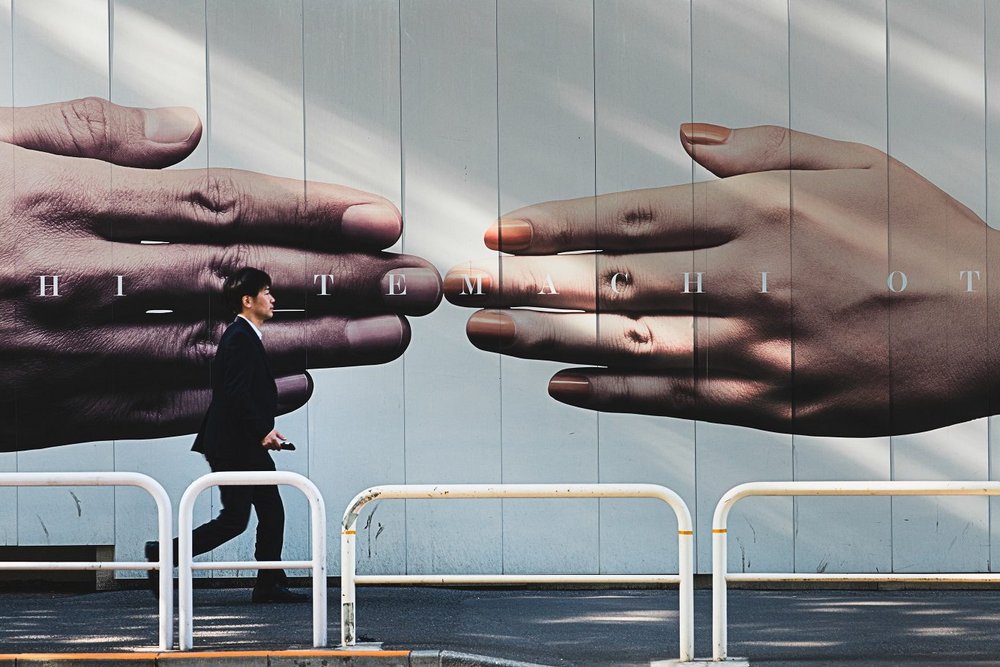
Photo by Simon Launay on Unsplash
Market researcher Ipsos hosted a roundtable at Most Contagious USA on 27 January, to plot a way forward for the ad industry as a representative and equitable industry.
Pedr Howard and Rachel Rodgers, both senior vice presidents at Ipsos, began with research from the company’s Cultural Fluency Report.
Its poll of US consumers revealed that 79% of people want the world to become more sustainable and equitable coming out of the pandemic, and the chief concern was racial justice. Meanwhile, 57% of respondents said it was appropriate for any brand or industry to communicate their stance on equality, and 95% of that cohort said they expected them to do so.
Asked about the figure that 67% of (US) ads feature at least one person of colour, Dana Wade, vice president of culture and creative strategy at Viacom, responded that it was higher than she thought it was going to be, but warned that while ‘a lot of people use these stats as the holy grail’, underrepresented communities must also be reflected in a company’s board rooms, not just its ads.
‘These communities have contributed trillions of dollars to brands but brands haven't done the community well,’ Wade added. ‘What used to be one check in a box, really isn't enough anymore.’
Destiny Davis, a strategist at Razorfish, raised the point that the nature of representation was more important than an abstract statistic. ‘Often,’ she said, when people of colour are portrayed by the media ‘they aren’t shown in a position of power, and that can be harmful.’
Echoing Davis, Gianmaria Schonlieb, a creative director at Lyft, said that getting the right cultural point-of-view was as important as representation itself. Speaking about creating campaigns aimed at or representing persons of colour, he said, ‘As a white male...I need people on my team who really understand those cultural insights. Something I always try to do is bring onto my team people who aren’t like me, who can help get to more authentic and genuine output.’
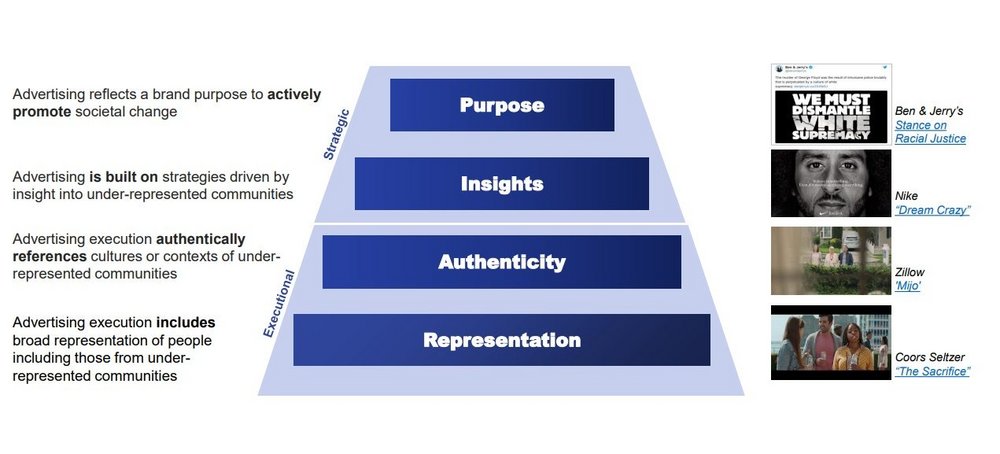
Rodgers and Howard then introduced Ipsos’ cultural fluency framework (pictured above), which was designed to help advertisers become more equitable by delineating the progress towards authentic representation in their communications.
GSK’s global capability director, Marie Chan, made the point that ‘thinking executionally first’, as the Ipsos framework suggests, ‘is an easier sell than to go through the higher order benefits of insight and purpose’.
Wade’s view was that, for any kind of communication, ‘you have to start with the lens of the person who’s responsible for that vision...starting with representation is a weird place for me… the place it starts for me is insight, otherwise I don’t know how it connects with the brand, what I’m trying to communicate or who I’m trying to communicate with. A multicultural lens is the best because that's the world that we live in.’
Asked about their own experiences of trying to build diverse teams that create authentic and representative content, Matt Tumminello, founder of Target 10, said that it was important to find allies, although he added that it was a shame that this was still necessary.
Responding to a question about how one finds such allies, Tumminello said, ‘Sometimes you can tell just by the way that people use language’. Either it indicates a deeper understanding of social justice, or potentially provides you with red flags. Tumminello mentioned one instance of a person who began talking to him about how LGTBQ+ people were a part of Antifa (the amorphous anti-fascist movement) as an example of a red flag.
Carolyn Saunders, director of strategic activation at Jackman Reinvents, went wider with the issue to suggest that demographics were ‘archaic’ and that brands should be looking to target customers according to mindsets, rather than markets made up of physical characteristics.
Davianne Harris, head of strategy at Oberland, a purpose-driven ad agency, made a point that book-ended the discussion neatly, explaining how she discusses representation with her clients. She noted that many brands responded to the issue of racial equality after the killing of George Floyd at the hands of police in 2020, but said it was important to ask, ‘What are you doing the other 10 months of the year? What does your board look like? Are you tapping into something that's going to move the world forward or are you just doing something to say you did your part?’
‘That's what I challenge my clients on,’ said Harris, ‘what are we solving for?’
Want more of the same? /
We don’t just write about best-in-class campaigns, interviews and trends. Our Members also receive access to briefings, online training, webinars, live events and much more.
